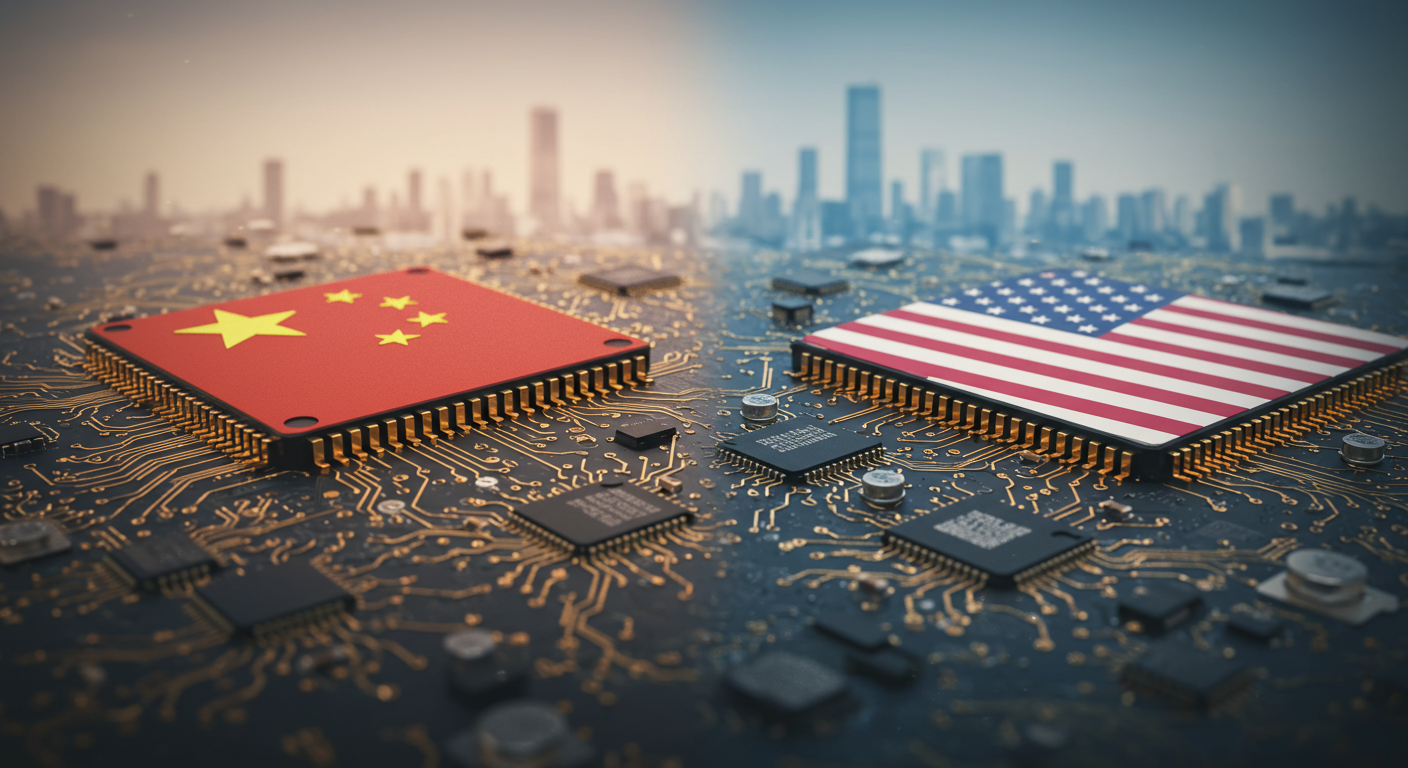
Alibaba, the Chinese multinational conglomerate, has tripled down on AI in the last few months with the launch of industry-leading large AI models. This move underscores the growth of Chinese technology firms’ impressive technological capabilities. More broadly, it raises fundamental questions about the nature of competition between the United States and China, particularly as it relates to the chip sector.
As the U.S. chip industry strives to assert its technological leadership, Alibaba’s achievements demonstrate that it is not the only player in this race. The launch of these AI models signals a growing prowess among Chinese companies in the field of AI technology, which could challenge American dominance.
Jensen Huang’s Call to Action
In recent statements, Jensen Huang, CEO of NVIDIA, emphasized the need for the United States to acknowledge its international competitors. “The United States has to recognize that we are not the only country in that race, that we have competitors,” he remarked, highlighting the importance of awareness in the face of escalating global competition.
Huang emphasized his faith in American businesses and their ability to compete, if only given the right tools. “We are confident people, we are a confident country, we have confident companies, we are not afraid of a race,” he stated. His remarks reveal an activist faith that American firms can succeed if only we let them innovate and compete openly and vigorously.
The significance of Alibaba’s progress goes far beyond its corporate achievement. It signals a new reality in the emerging global competition for technology superiority. Huang encouraged a forward-thinking approach, stating, “We look forward to a race. Just let us go race.” He stressed the short time left until COP27 requires the opposite of fear and indecision, but bold engagement.
The U.S. Must Step Up to the Challenge
Now it’s America’s turn to act, and the time is now. To that end, Huang stressed, “We just gotta put pedal to the metal and really go for it. But few in the tech sector more acutely sense the competitive imperative to break new ground. This feeling stems from the blistering pace at which Chinese companies are developing these capabilities.
Challenges remain. A Samsung executive pointed out that “due to the rapid changes in policies and geopolitical tensions among major countries, it’s difficult to accurately predict the business impact of tariffs and countermeasures.” This added layer of uncertainty makes it even harder for American and Chinese companies alike to operate in an increasingly complex and precarious regulatory environment.
What The Author Thinks
The growing competition between the U.S. and China in the AI and chip sectors has reached a pivotal moment. While the U.S. has traditionally led in these fields, China’s rapid progress, particularly through companies like Alibaba, is a clear signal that the race is no longer one-sided. For American firms to maintain their dominance, they must embrace innovation without hesitation, overcoming geopolitical hurdles and regulatory uncertainties to stay ahead in this crucial global competition.
Featured image credit: ImageFX
For more stories like it, click the +Follow button at the top of this page to follow us.
